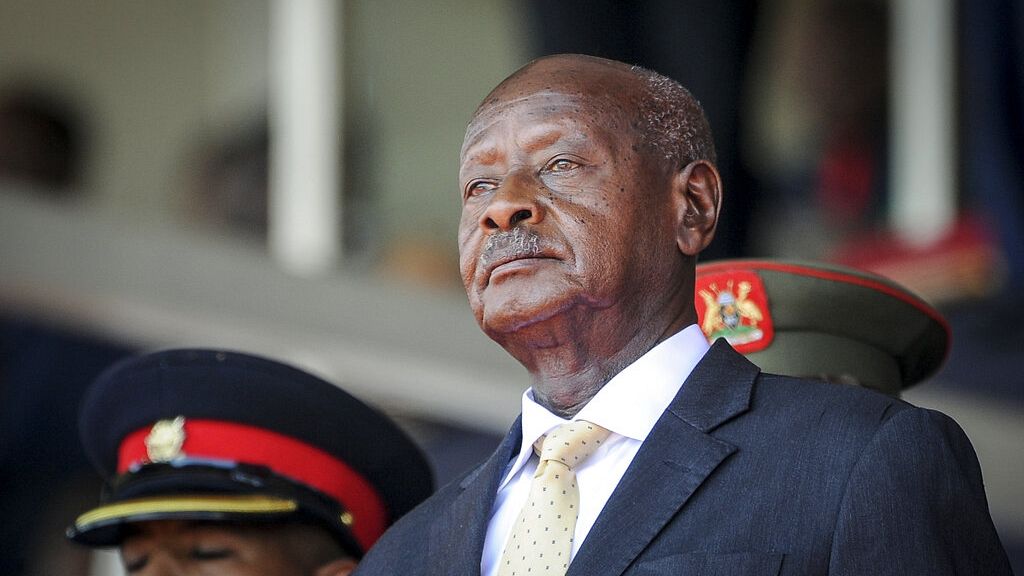Ugandan President Yoweri Museveni, who has been in power for several decades, recently announced that he had tested positive for Covid-19 and would be taking a "forced leave of absence" to isolate and recover. The 78-year-old leader stated that he experienced mild flu-like symptoms and decided to take precautions by delegating his work to the Prime Minister.
Museveni's announcement highlights the indiscriminate nature of the coronavirus, which can affect anyone regardless of their position or power. It serves as a reminder that the pandemic is an ongoing global challenge that requires everyone's attention and adherence to preventive measures.
Museveni came to power in 1986 after helping to end the authoritarian regimes of Idi Amin Dada and Milton Obote. Initially hailed as a reformer, he has faced criticism in recent years for cracking down on dissent and altering the constitution to prolong his stay in office. This has raised concerns about democratic principles and human rights in Uganda, with reports of increased repression against civil society, lawyers, and activists.
The Covid-19 pandemic has posed significant challenges to governments worldwide, testing their ability to manage public health crises and protect their citizens. Uganda, like many other countries, has faced its share of difficulties in combating the virus. According to the Ministry of Health, the country has recorded over 170,000 cases of infection and more than 3,600 deaths since the pandemic began in 2020. These figures, though significant, may not capture the full extent of the virus's impact due to potential underreporting and limited testing capabilities.
Museveni's decision to isolate himself and delegate his responsibilities reflects the need for leaders to prioritize their health and set an example for the public. It reinforces the message that no one is immune to the virus and that even high-ranking officials must take necessary precautions to prevent its spread.
The situation also highlights the importance of transparency and accurate information dissemination during a pandemic. Museveni's public acknowledgement of his infection and decision to isolate himself demonstrates a responsible approach that helps promote awareness and encourages others to take the virus seriously.
As Uganda continues to navigate the challenges of the pandemic, it is crucial for the government to prioritize public health while upholding democratic values and respecting human rights. Collaboration with international organizations, increased testing and vaccination efforts, and transparent communication can contribute to an effective response to the ongoing crisis.
The news of President Museveni contracting Covid-19 serves as a reminder that the virus does not discriminate based on one's position or power. It underscores the need for unity, adherence to preventive measures, and equitable distribution of resources to combat the pandemic on a global scale. Only through concerted efforts and international cooperation can we hope to overcome the challenges posed by Covid-19 and emerge stronger as a global community.

